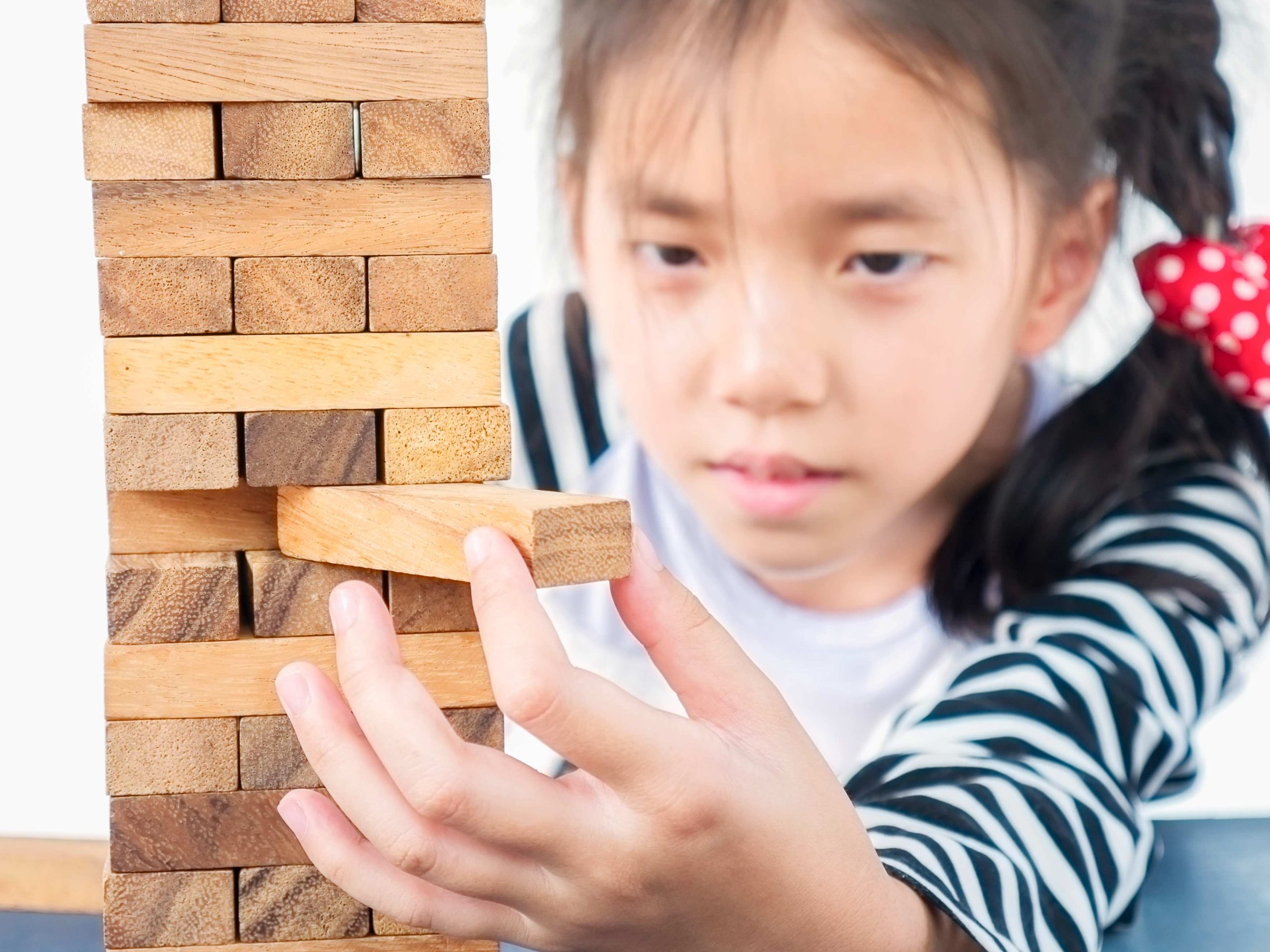
Building Strong Foundation: Exploring the Importance of Enrichment Programs in Learning
The Importance of Early Childhood Education
Research underscores the significance of early childhood education for a child’s growth. During the formative years, a child’s brain develops rapidly, laying the foundation for future cognitive abilities. Enrichment programs offer secure environments for preschoolers to learn and explore, potentially improving their academic performance in the long run.
Developing Social Skills
Participation in enrichment activities allows preschoolers to hone their social skills through group projects and collaborative endeavors. These experiences teach children essential communication and teamwork skills vital for success in school and life.
Encouraging Creativity and Imagination
Enrichment programs stimulate creativity and imagination by offering activities such as art, music, and drama. By fostering unconventional thinking, these programs empower preschoolers to develop problem-solving skills and express themselves creatively.
Fostering a Love of Learning
Enrichment programs cultivate a passion for learning by encouraging preschoolers to explore their surroundings and discover new interests. This enthusiasm for learning can have lifelong benefits, enhancing both academic and professional achievements.
Addressing Learning Gaps
Enrichment programs can be tailored to address individual learning needs, providing targeted support to preschoolers who may require extra assistance in specific areas such as literacy or numeracy.
Providing Access to Resources
Enrichment programs offer access to resources like computers and educational materials, bridging the gap for preschoolers from disadvantaged backgrounds and ensuring equitable opportunities for all.
Benefits Beyond Education
Enrichment programs not only enhance educational outcomes but also contribute to preschoolers’ social, emotional, and physical well-being. These programs promote holistic development by nurturing various aspects of a child’s growth.
Supporting Multilingualism
Enrichment programs play a vital role in promoting multilingualism, fostering language skills that are increasingly valuable in our interconnected world.
Enhancing Parent-Preschooler Relationships
Enrichment programs strengthen bonds between parents and preschoolers by providing opportunities for shared experiences and involvement in the child’s education.
Promoting Physical Activity and Health
Enrichment programs encourage physical activity and healthy habits, contributing to the overall well-being of preschoolers and instilling lifelong wellness practices.
Fostering Creativity and Imagination
Enrichment programs nurture creative thinking and imaginative exploration, equipping preschoolers with skills essential for success in diverse personal and professional contexts.
Developing Entrepreneurial Skills
Enrichment programs lay the groundwork for entrepreneurial endeavors by fostering innovation, problem-solving, and financial literacy skills from an early age.
Building Cultural Competence
Enrichment programs promote cultural awareness and appreciation, preparing preschoolers for a diverse and interconnected global society.
Supporting Preschoolers with Special Needs
Enrichment programs offer tailored support and resources for preschoolers with special needs, ensuring they receive the assistance necessary to thrive academically and socially.
Preparing for Kindergarten
Enrichment programs equip preschoolers with the skills and confidence needed for a successful transition to kindergarten, addressing academic, social, and emotional readiness.


